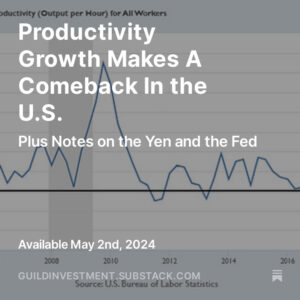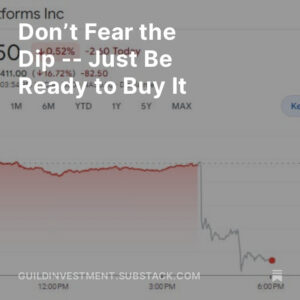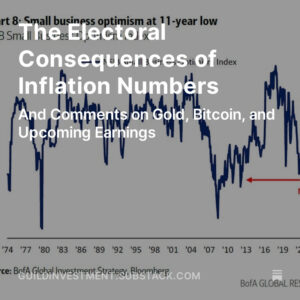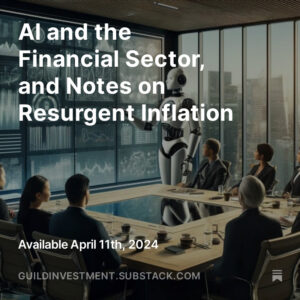U.S. Stocks
September thus far has seen a modest decline in the S&P 500, which historically has been typical after a period of many months of positive returns. There are many potential reasons — excuses? — for the decline; but the history also suggests that after a string of positive months, and a pause, there is likely to be more upside. There may be more “pause” ahead, but very likely, investors should be considering how to buy the dip, not exaggerating fears of deeper trouble, for which we do not yet see signs. On this weakness, we like many of the same technological themes we have been suggesting since last year — both big-cap tech at a reasonable valuation, and tech-related themes in other industries: software, hardware, healthcare, medical technology, fintech, and select intelligent tech-related themes in ESG, as noted in the article above.
Canadian Elections
An election is unfolding in Canada, and that country’s current administration — which called the election in an attempt to solidify its hold on government — is being raked over the coals over mask, vaccine, debt, and inflation issues, and may be hurt rather than helped by the outcome, with Conservatives now polling ahead of Liberals. Investors in the U.S. and Europe may want to watch this election closely as a potential bellwether for the fate of heavy-handed governance in the pandemic era. The vote will be held on September 20.
“Taxing the Rich” At the Met
In the U.S., we noted the recent fundraising gala at the Met in New York, itself a bellwether of another sort. American congresswoman Alexandria Ocasio Cortez, a darling of the Democratic Party’s left wing, wore a dress with a clear message:

Source: greenwald.substack.com
Leaving aside journalist Glenn Greenwald’s pungent observations about a $30,000-per-person event where the maskless glitterati were waited upon by masked working-class servers and photographed by masked working-class journalists for promotion in social media, we have a serious question of moment to investors. Is this a publicity stunt or a policy statement?
Earnings Risks in the U.S.
If indeed it is an indication of policy — “tax the rich” distinct from any cohesive vision even of what that taxation might concretely be for — we think that spells trouble if it becomes mainstream. It is also ironic, given the reality we have often observed — recently described in detail in The Wall Street Journal — that the working poor are hurt worst by the inflation being created by pandemic fiscal and monetary policies. While nominal wages are rising, real wages for the lowest earners fell 0.5% year-on-year in August. And that is based on official statistics; we are confident that the real damage is much greater, since low-income workers’ expenditures fall disproportionately into the categories elided from official statistics by sleight of hand. As Bloomberg recently noted, globally, food prices in August were up 33% from a year earlier.
“Taxing the rich” will not solve this problem, of course.
Indeed, our economic outlook is positive — we believe that the world will learn to live with covid via vaccines and therapeutics, that supply chain injuries will gradually heal, that labor market woes will be resolved. We see a greater risk to companies’ earnings in 2022 from tax policy than from economic or financial troubles.
Thanks for listening; we welcome your calls and questions.







